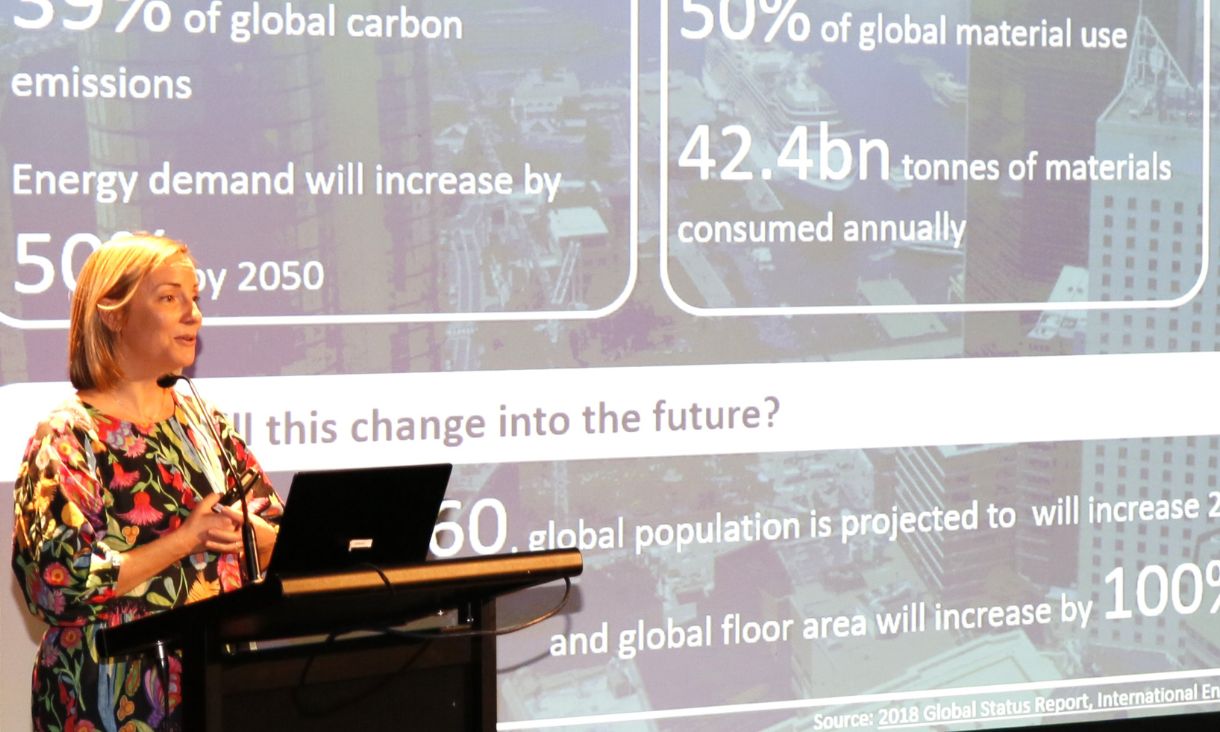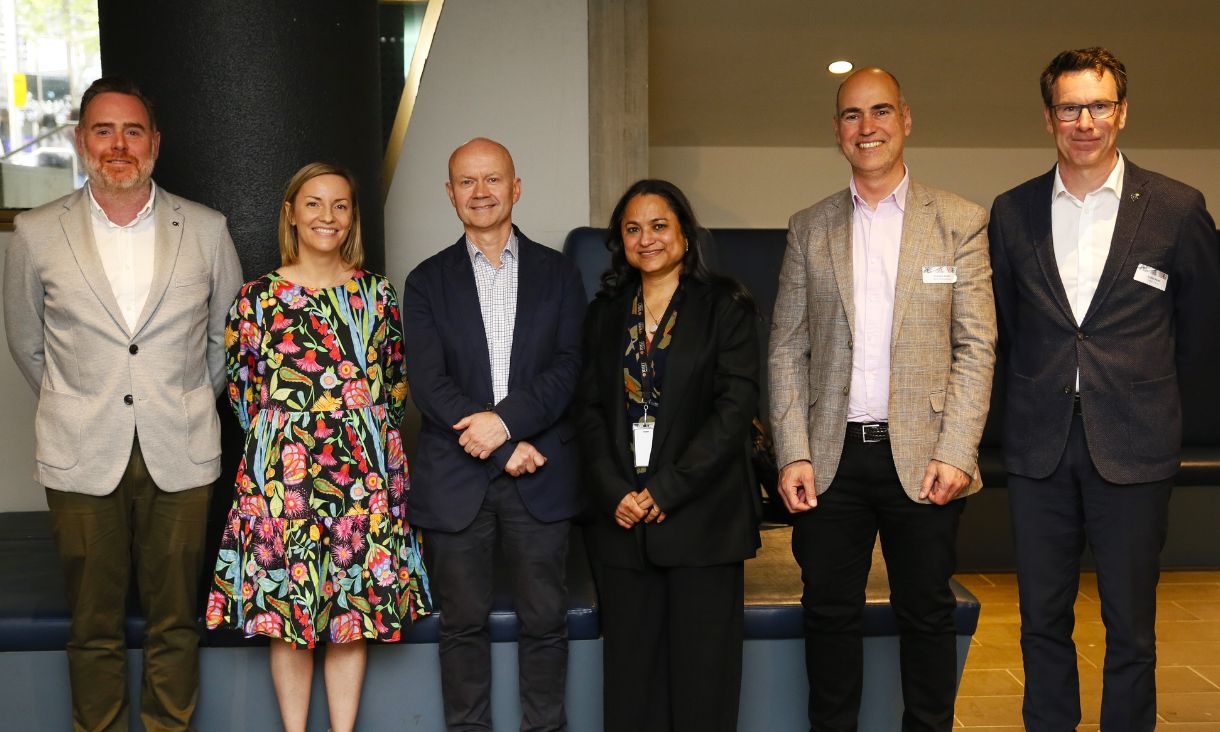Smart spongy device captures water from thin air
Engineers from Australia and China have invented a sponge-like device that captures water from thin air and then releases it in a cup using the sun’s energy, even in low humidity where other technologies such as fog harvesting and radiative cooling have struggled.
“The reward is incredible”: becoming a teacher aged 77
When most people might be comfortably settling into retirement, 77-year-old Pierre Van Osselaer has returned to the classroom.
RMIT reinforces commitment to preventing gender-based violence with 2024 report
RMIT University continues to strengthen its efforts to prevent and respond to gender-based violence, with the release of the Addressing Gender-Based Violence Annual Report 2024.
Announcing the Saskia Loer Hansen Memorial Scholarship
RMIT is pleased to announce the establishment of the Saskia Loer Hansen Memorial Scholarship in memory of our friend and colleague.









